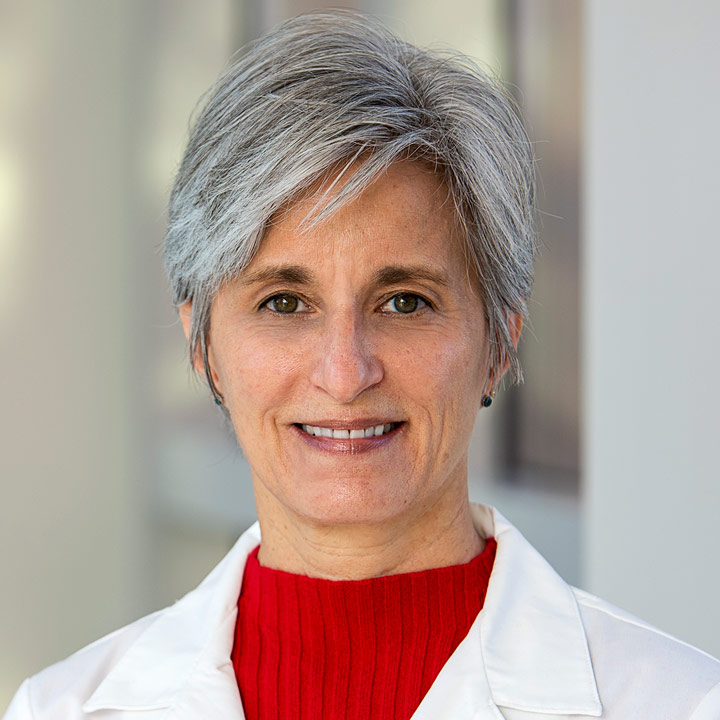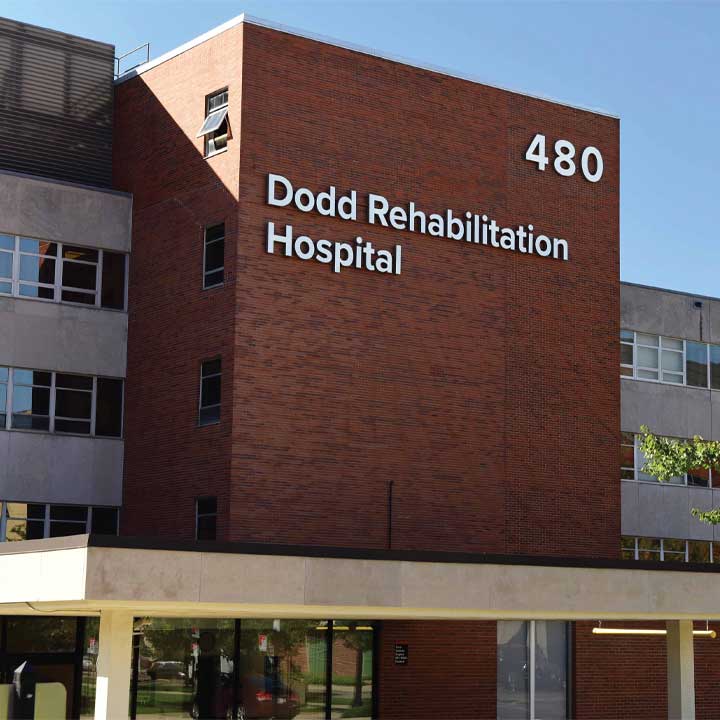- About this provider
Cynthia Beaulieu, PhD
Physician, Associate Professor
Psychologist and Rehabilitation

Make an appointment
614-293-3830Conditions and expertise
- Psychology
- Neuropsychology
- Neuropsychological Tests
- Physical and Rehabilitation Medicine
- Brain Injuries
Locations
- Dodd Rehabilitation Hospital
Academic information
Department: Physical Medicine & Rehabilitation
About
- Gender
- Female
Biography
I’m a psychologist who specializes in clinical neuropsychology, which focuses on assessing brain function and cognition. I give neuropsychological tests that are developed to assess the relationship between how a person performs or behaves and how their brain is working. I use these tests to evaluate potential consequences of traumatic brain injury (TBI), to identify preserved strengths following TBI and to assist rehabilitation teams to develop patient-centered treatment plans.
The neuropsychological evaluation is the brain equivalent of the cardiologist’s stress test that tests how the heart is working (e.g., does the heart pump faster with physical exertion?). Patients referred to me and my colleagues can expect to be tested to see how their brain is working (e.g., does the brain learn new information?). The tests help identify what can be a consequence of a brain injury or brain disorder, what may be unique to the individual or what factors other than injury can be negatively affecting thinking skills.
My clinical research focuses on the process of interdisciplinary rehabilitation and identifying the components of rehabilitation associated with the best patient outcomes following TBI. To do this, I’m developing a line of research that will apply advanced data analytic techniques to large data sets, including the use of artificial intelligence methods such as artificial neural networks to analyze the complexity of injury recovery. I’m most interested in using this information to help predict recovery at the patient level and to help prescribe tailored treatment plans to enhance patient recovery.
In my free time, I enjoy running along the rivers, cooking without recipes, reading to broaden my perspectives, mountain climbing the 14ers in the Colorado Rockies, catching up and laughing with family and friends, and handholding and wine tasting with my husband.
Highlights
- Asks very tough questions about the complex process of rehabilitation to identify what actually occurs during acute inpatient rehabilitation and what is associated with better patient outcomes
- Developed a skill set in clinical data integration, designing and building structured and standardized electronic documentation templates to better capture day-to-day clinical data
- Worked with interdisciplinary teams to develop integrated evaluation approaches to improve diagnostic accuracy, such as with disorders of consciousness
- Collaborated as a nonacademic clinical researcher with NIH-, NIDILRR- and PCORI-funded Ohio State researchers Drs. Bogner and Corrigan and colleagues from around the country for more than 15 years
Conditions and expertise
- Brain Injuries
- Neuropsychological Tests
- Neuropsychology
- Physical and Rehabilitation Medicine
- Psychology
Locations
Please note: Not all physicians schedule patients at each listed location.
Credentials
Education
- Doctor of Philosophy
- Ohio State University at Columbus, Columbus, OH
8/1/1985 - 6/1/1988
News and media
My news coverage
Consulting and Related Relationships
At The Ohio State University Wexner Medical Center, we support a faculty member’s research and consulting in collaboration with medical device, research and/or drug companies because a faculty member’s expertise can guide important advancements in the practice of medicine and improve patient care. In order to provide effective management of these relationships, the University requires annual disclosures from all faculty members with external interests related to their University responsibilities.
As of 11/3/2025, Dr. Beaulieu has reported no relationships with companies or entities.

